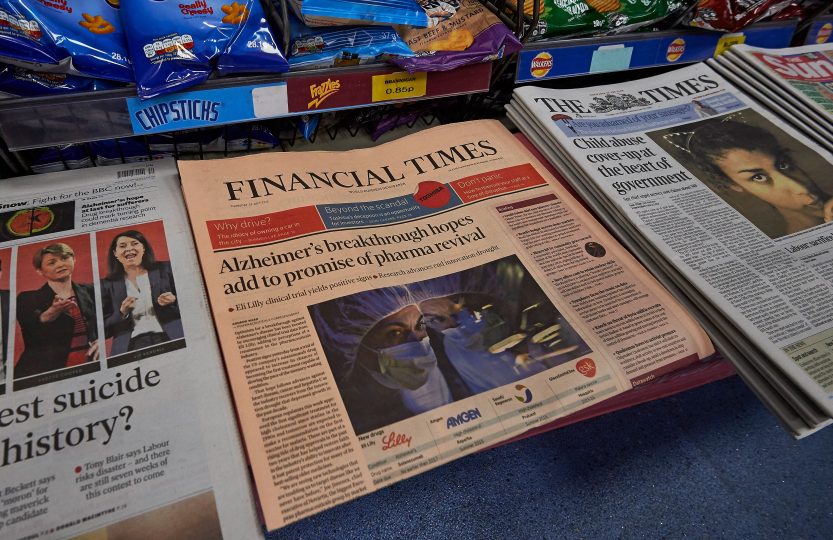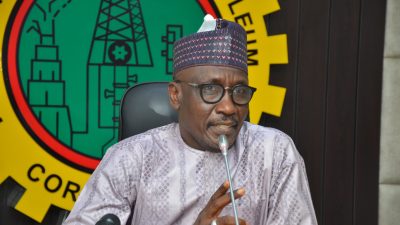By BASHIR ADEFAKA
The Presidency of Nigeria has taken a time out to educate a foreign Journalist working for Financial Times over his half-baked report of security situation in the country.
In an article titled, “What is Nigeria’s Government For,” written by David Piling, Financial Times (UK), and published on Monday January 31, 2022, the report had painted a picture of the current administration in the country as a government sleepwalking into disaster but the Presidency in its necessary reaction by Malam Garba Shehu, the Nigerian President’s Senior Special Adviser on Media and Publicity, said such article coming “from a correspondent who jets briefly in and out of Nigeria on the same British Airways flight he so criticises, is predictable.
Read details of the letter below:
LETTER TO THE EDITOR, FINANCIAL TIMES
We wish to correct the wrong perceptions contained in the article “What is Nigeria’s Government For,” by David Piling, Financial Times (UK), January 31, 2022.
The caricature of a government sleepwalking into disaster (What is Nigeria’s government for? January 31, 2022 ) is predictable from a correspondent who jets briefly in and out of Nigeria on the same British Airways flight he so criticises.
He highlights rising banditry in my country as proof of such slumber.
What he leaves out are the security gains made over two Presidential terms.
The terror organisation Boko Haram used to administer an area the size of Belgium at inauguration; now, they control no territory.
The first comprehensive plan to deal with decades-old clashes between nomadic herders and sedentary farmers – experienced across the width of the Sahel – has been introduced: pilot ranches are reducing the competition for water and land that drove past tensions.
Banditry grew out of such clashes. Criminal gangs took advantage of the instability, flush with guns that flooded the region following the Western-triggered implosion of Libya.
The situation is grave.
Yet as with other challenges, it is one that the government will face down.
GARBA SHEHU
Senior Special Assistant on Media and Publicity to the President, Abuja, Nigeria.
February 6, 2022




